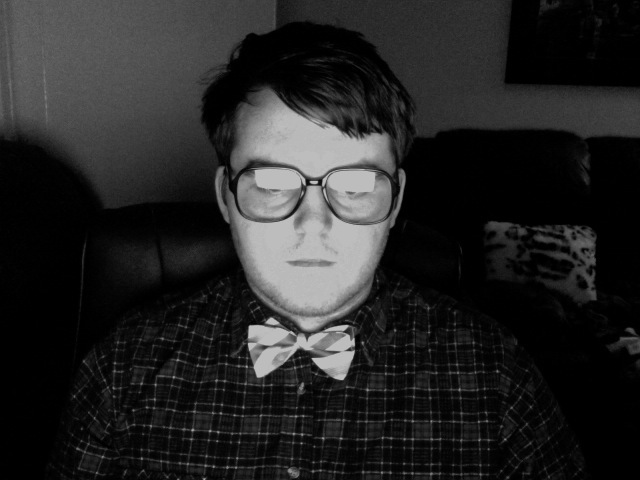- Which type of story would you rather do and why:
- a 'paper chase' conducted entirely by computer and telephone that takes half the time it would have taken if you had left the office
- a 'paper chase' involving visits to half a dozen government offices and in-person interviews that puts you under extreme deadline pressure?
The paper chase that gets me out of the office is the one I'd prefer to do. One of the most important things a journalist can do is develop reliable, trustworthy sources for information. Networking and getting out of the office is the only way to do this. The chances of developing these contacts staying in the office are definitely a lot more slim.
As for the extreme deadline pressure, similar to above, if you were afraid of a few deadlines, this is the wrong industry to be getting involved in.
- Would you be willing to pursue a corruption investigation or an investigation in organised crime if it included many unpaid hours of extra work and personal risk?
Definitely. IS there anyone doing this course that wouldn't? I think this is hands-down the best sort of work in journalism. The ability to break something of great significance to the world is more than worth extra unpaid work. As for the injury, working on something that could potentially save hundreds of lives is definitely worth a few injuries.
- Would you be willing to act together as a unit with competing reporters at a media conference in an effort to get maximum information if it meant giving up your best best question, which you had intended to ask privately after the conference?
Again, the key to journalism is developing contacts and gaining peoples' trust. Keeping questions on public record is also a much better idea so people can't dispute the facts and they know exactly what was asked and the subsequent response.
- Who really owns government-held information: the government or the people? Why?
- If you were assigned to report on the proceedings of a conference and you had to choose between attending different sessions being conducted at the same time, how would you decide which to attend?
Research. Research allows a journalist to have a much better idea of what is going to be addressed in each different session of any conference. Having a better idea of what will be going on in each different session allows a journalist to adequately prepare for the session and also allows the journalist a chance to know which session will be most useful for their story.

No comments:
Post a Comment